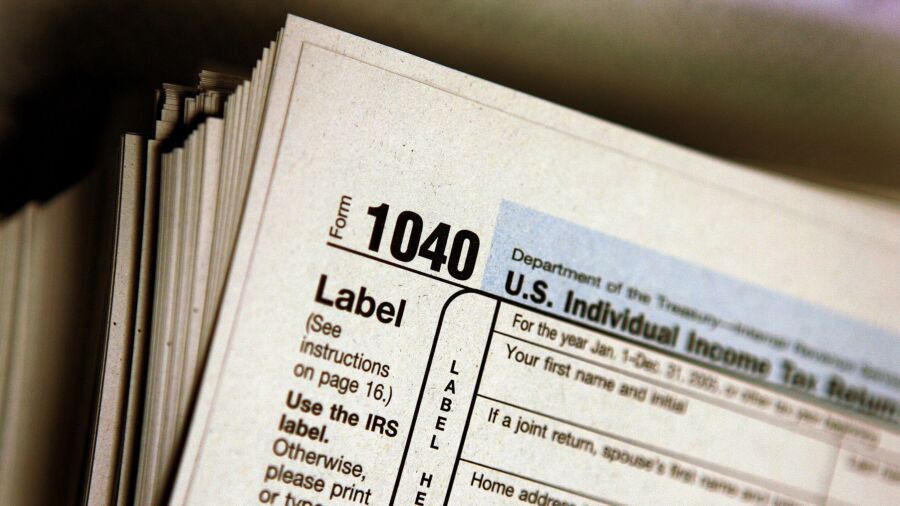The Internal Revenue Service (IRS) this week issued a notice to “gig economy” service workers and those who receive a foreign source of income that they have to report potential tax obligations on income.
An IRS release issued Mar. 1 says that taxpayers have to report income from the gig economy on their tax returns, “even if the income is from part-time, temporary, or side work; paid in any form, including cash, property, goods or digital assets; not reported on an information return form like a Form 1099-K, 1099-MISC, W-2, or other income statement.”
The gig economy is defined as activity where people earn income from providing on-demand goods, services, or work—and it’s often via an online platform such as an app or a website like Instacart, Lyft, DoorDash, or Uber.
On Dec. 23, 2022, the IRS announced a one-year moratorium on implementing a controversial new reporting rule for online businesses for transactions exceeding $600. In the past, the threshold for 1099-K tax form reporting was 200 transactions with a total value of $20,000. Earnings that did not meet that standard may have not been noticed by the IRS, although tax laws require people to pay that amount.
The new tax-reporting rule goes into effect with tax year 2023, the IRS said. That rule was implemented under the American Rescue Plan that was ultimately signed into law in early 2021.
“If you’re one of the millions of gig economy workers, such as a freelancer or contractor, you may have received payments totaling $600 or more from any one of your side jobs during the tax year,” says tax-filing service TurboTax in a recent article. “If so, the individual or company that paid you generally must supply you with Form 1099-NEC for nonemployee compensation. If you receive payments through online payment services such as PayPal, you might also receive a form 1099-K. Payers will also send these forms to the IRS to report your income.”
For those workers, the IRS advises them to access the agency’s “Gig Economy Tax Center” for more information.
Work for Tips
Individuals who also work in restaurants, hotels, salons, and similar industries and who regularly receive tips also have to report those payments, according to the news release on Mar. 1.
“Cash tips include those received directly from customers, electronically paid tips distributed to the employee by their employer and tips received from other employees under any tip-sharing arrangement,” the IRS said. “All cash tips must be reported to the employer, who must include them on the employee’s Form W-2, Wage and Tax Statement.”
It added that “noncash tips”—defined as items of value like passes, tickets, or goods and commodities given to the employee—don’t have to be reported to the employer. They, however, “must be reported on a tax return,” the notice said.
Tips that the worker did not report to the employer have to report them separately on Form 4137, Social Security and Medicare Tax on Unreported Tip Income, to include as additional wages along with their tax return, the notice said. The employee has to pay their share of the Social Security and Medicare tax owed on the tips, it added.
“Employees don’t have to report tip amounts of less than $20 per month per employer. For larger amounts, employees must report tips to the employer by the 10th of the month following the month the tips were received,” said the IRS.
Foreign Source Income
The latest IRS notice also stipulated that taxpayers have to report their foreign source income, “regardless of where they live.” Both American citizens and resident aliens, or those who hold green cards, “must report unearned income, such as interest, dividends, and pensions from sources outside the United States unless exempt by law or a tax treaty.” They also must reported earnings from sources outside the United States.
“They’re also subject to the same income tax filing requirements that apply to U.S. citizens or resident aliens living in the United States,” the IRS said.
And it noted that federal law requires Americans to report their worldwide income such as earnings from foreign trusts and foreign bank accounts. Those taxpayers may need to to complete and add Schedule B (Form 1040), Interest, and Ordinary Dividends, to their tax returns.
From The Epoch Times

